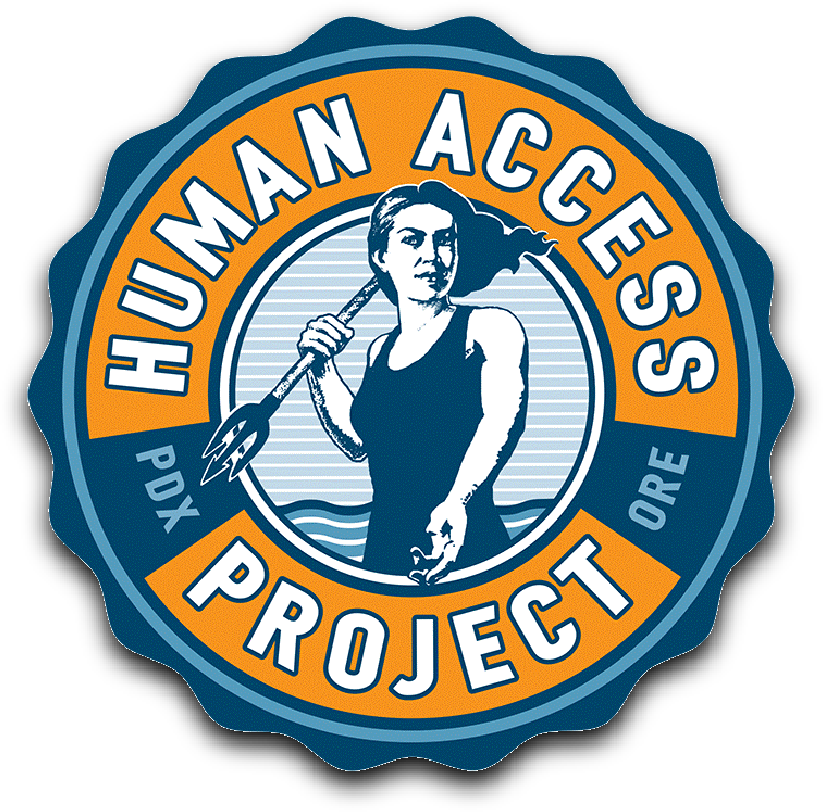
WILLAMETTE RIVER ADVOCACY
Contested Waters - A Social History of Swimming in America - Book Review

Contested Waters - A Social History of Swimming in America - Book Review
By Tom Vandel, HAP Board Chair
In 1951, a Little League baseball team in Youngstown, Ohio won the city championship and decided to celebrate at the local pool. One child, the only Black player on the team, was denied entrance and forced to sit outside the fence. Parents pleaded his case and finally he was allowed inside. But everyone had to get out of the pool when he went in and he had to float in a rubber raft. He was told repeatedly, “Just don’t touch the water.”
That’s just one of many racial incidents revealed in the book, Contested Waters – A Social History of Swimming Pools in America. This deep dive into the evolution of public swimming and urban pools gets under the surface of the prejudice, racism, social upheaval, and sexual stereotypes that have existed in America over the past 150 years.
Written by Jeff Wiltse, a University of Montana history professor, the well-researched book includes a trove of old photos with captions that add power to his unflinching account. They illustrate how America felt about people – men and women of all races – gathering together in municipal pools.
In the puritanical early 1800s, long before the advent of the bikini, if you stripped down and went for a swim in a river you’d have been considered a raving lunatic and perhaps locked away.
But then came the age of slums and filthy living conditions which led to the development of public baths (“Instruments of cleaning”) for children and the working-class poor of all races. The goal was cleanliness, without racial segregation. Only the genders were separated.
Eventually, women were allowed to frequent swimming pools at the same time as men, instead of on different days. As a result, Blacks were ejected from the pool, based on sexual tropes about the dangers of women being around partially clothed Black men. Wiltse states that racial segregation at pools was partly caused by white fears that Black men displaying their bodies would undermine white supremacy and lead to interracial relationships.
Lack of access to swimming pools and public beaches meant that many Black Americans were denied the opportunity to learn how to swim. According to the USA Swimming Foundation, 70% percent of Black Americans do not know how to swim.
What’s more, if a parent doesn’t know how to swim, there is only a 13% chance that a child in that household will learn to swim. This helps explain why Black children drown at a rate 5-6 times higher than their white counterparts, according to the Centers for Disease Control and Prevention.
Access to public waters and learning to swim are not just social justice issues, they are issues of life and death. Which is why teaching children to swim and be safe in water is so important – particularly in Portland where the river is fine for swimming and more and more people are getting into it.
Wiltse states, “Swimming pools and public spaces generally have the potential to foster a vibrant community life by counteracting many of the segmenting and alienating aspects of modern life. They offer an informal social space – a meeting ground – where people can interact and communicate face to face.”
Public swimming has reflected racism in American society for generations. And although times have changed, racial inequity is still deeply embedded in our world today. One thing that will help turn the tide is the development of good spaces for swimming, learning, and cultural change. The river is calling.
Tom Vandel
Human Access Project, Board Chair
Human Access Project and Portland Harbor Community Advisory Group will host a book reading and discussion of “Contested Waters” June 6 at 6:00 pm via Zoom online. The public is invited. Zoom link: https://us02web.zoom.us/j/5369780765

< Return to WILLAMETTE RIVER ADVOCACY Main Page



